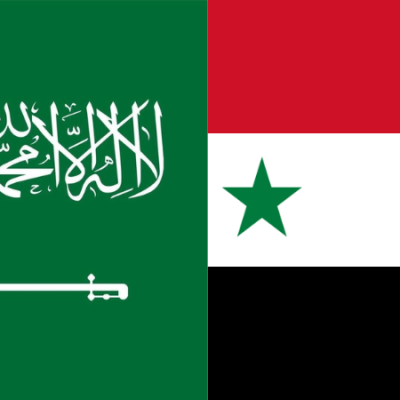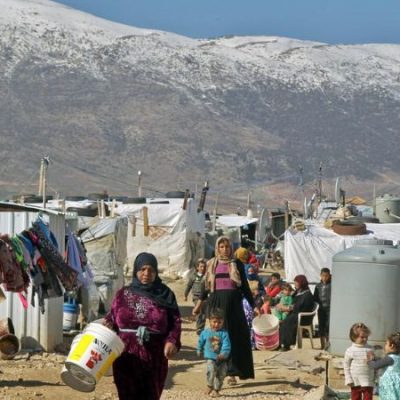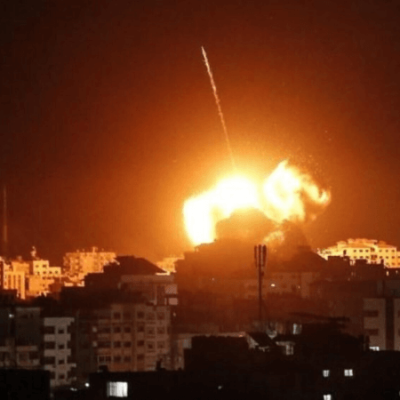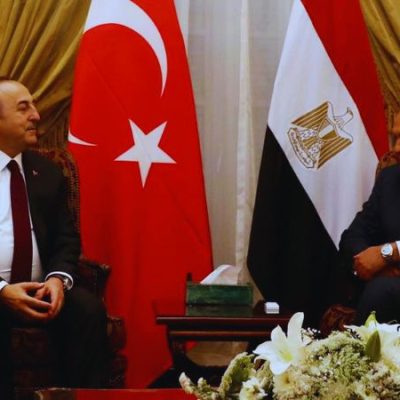Life is more than unbearable in Libya
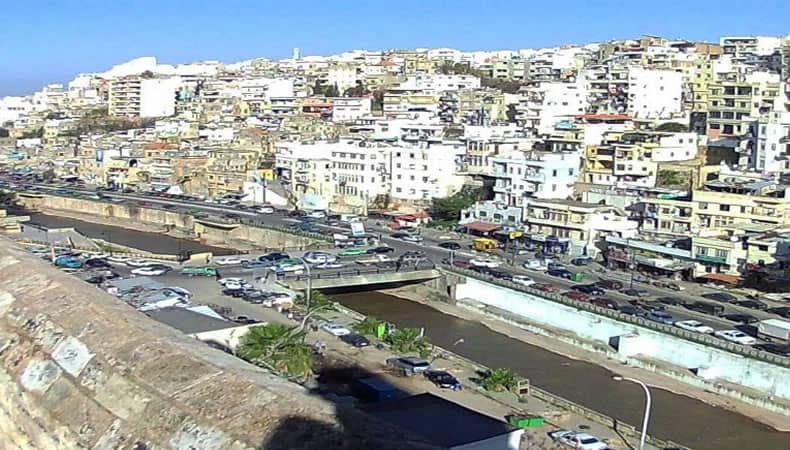
The situation in Libya is becoming every day more unsustainable for the population. The west of the country is still under the control of armed groups and militias, officially affiliated with the Tripoli-based Government of National Accord (GNA) led by the Prime Minister Fayez al-Serraj.
Tripoli citizens are hugely frustrated with the high level of corruption of Tripoli officials. Entire areas are subject to prolonged electricity crises, which increase in the summer with the use of air conditioning systems.Hundreds gathered in the center of the capital Tripoli, in front of the Prime Minister’s office to ask for concrete solutions to the lack of maintenance of the power plants.
The size of waste of treasury funds reaches a dangerous level. Banks continue to suffer from a lack of liquidity and more and more citizens are unable to receive their payments in time, including state employees. Garbage continues to flood the streets of Tripoli after the Abu Selim landfill has been closed for months. The health system is in collapse, there is a lack of means and doctors.
This has led to the closure of entire wards, while the government continues to open medical facilities reserved for Syrian fighters and mercenaries.Banks continue to suffer from a lack of liquidity. More and more citizens are unable to receive their payments in time, including state employees. Garbage continues to flood the streets of Tripoli after the Abu Selim landfill has been closed for months. The health system is in collapse because of the lack of means and doctors. That has led to the closure of entire wards, while the government continues to open medical facilities reserved for Syrian fighters and mercenaries.
Read more: Libya’s NOC welcomes US sanctions on three traffickers operating between Libya and Malta
The internal conflict in the Presidential Council, the continuous struggle for power between Parliament, the High Council of State, and the Government, prevent the executive of Fayez al-Serraj from providing services to the population. Funds allocated by governments and international organizations, including the United Nations, are lost along the path of corruption, and millions of projects remain unrealized. Millions of humanitarian aid ends up in the hands of armed groups outside the control of the state.
“Libya is a country rich in resources, but the revenues from the oil sector are used to finance military campaigns. To buy vehicles and mercenaries from Turkey, while we are starving”. Says Mohamed, 45, of al-Khums, employed by the General Electric Company. “Misrata’s managers have wages that are millionaires, while we employees can’t make it to the end of the month. We wait hours in front of the banks day after day. But the answer is always the same: we have no money”. He adds.
The ruling groups control wealth and Libya’s fund, and they are looting money and sending it to Turkey. The arrival of thousands of Syrian mercenaries, transferred to Libya from Turkey, has further complicated the situation. In recent weeks, incidents between local armed groups and Syrian fighters have increased, at least a dozen Syrians have been killed or injured in clashes with local militias for trivial reasons. Gunmen also reportedly opened fire on protesters in the center of the capital on Friday as they protested the corruption of state officials.
Libyan tribes can no longer tolerate the domination and of mercenaries, Turkish influence, corruption and waste. The tribes of eastern and southern Libya no longer tolerate this unbearable climate, demanding a fair sharing of oil income between the three storic region of the North African country: Tripolitania, Fezzan and Barqa. Libyan dignitaries have repeatedly rejected any foreign intervention in their territory and have asked Serraj’s executive to stop using Libyan money for personal interests and to finance Erdogan’s mercenaries.
The Tripoli government faction, whose members complain about the absence or reduction of salaries, while the high commanders take over the budget. Young Libyans are demanding greater participation in political life and expect the choice of officers and managers to be made out of merit.
The use of force and violence to prevail over others is no longer acceptable. Many members of the militias now hold important positions within Libyan state companies, institutions and embassies abroad, continuing to squander the resources of the Libyan people. The Libyan Audit Bureau has repeatedly denounced this waste by the ruling class, but the lack of a judicial system has left those responsible unpunished.

